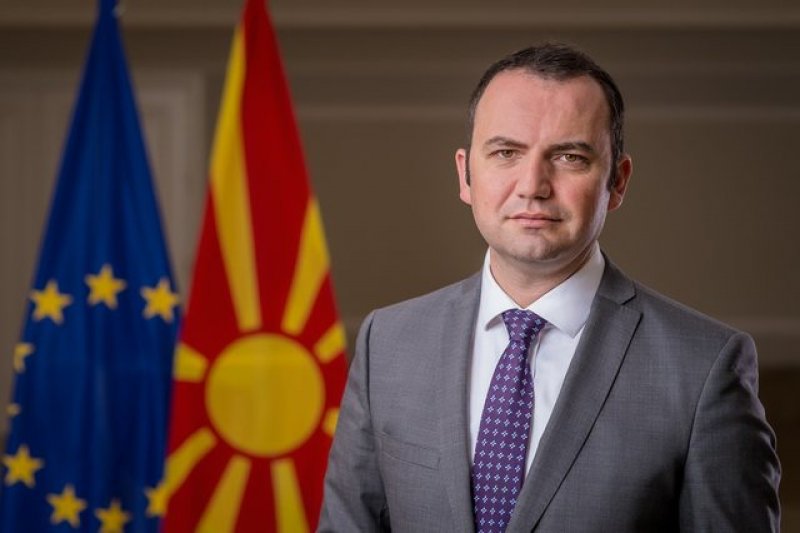Integration Before Membership: Addressing the 'All or Nothing'
The European Union’s enlargement process, particularly concerning the Western Balkans, has for decades been the subject of passionate discourse, promises, and disappointments. For many, the frustrations stem from the EU's longstanding "all in or nothing" approach. Meaning, you have to fulfill all criteria and until then, not much changes for you.
This all-or-nothing paradigm offers little solace to those nations that spend years, even decades, on the precipice of membership, doing the hard work but seeing scant immediate benefits. That’s why this approach has to change into - gradually and progressively joining the EU, so that when a country makes progress, then it can get a reward right away.
For the Western Balkan candidates, the journey towards EU membership often feels like a Sisyphean task: long, unpredictable, and fraught with countless hurdles. The goalpost seems to shift continually, demanding painful compromises with little to no tangible rewards until the very end. The effects are felt most acutely by their citizens. Kept waiting, they often become disillusioned, which in turn makes them susceptible to malign influences and external non-EU agendas.
Similarly, the EU grapples with a paradox of its own fears: apprehension about integrating new members with potentially divergent priorities, coupled with the fear of losing them and the resultant geopolitical implications.
However, hope emerges in the form of a new paradigm: "Integration Before Membership."
Rather than a binary membership process, this revised approach allows candidate countries to start experiencing the advantages of integration progressively, based on specific criteria fulfilment, but long before gaining full membership status. This transition means candidates can begin to benefit from the EU's economic, social, and political systems and contribute to its fabric without having to wait for the final stamp of full membership.
For the Western Balkans, such an approach offers multiple benefits:
* Immediate Rewards: By enjoying the benefits of integration before official membership, there's a reduction in citizen frustration and a stronger buffer against external non-EU influences.
* Political Incentivization: Political leaders can witness tangible outcomes during their tenure, ensuring consistent alignment with EU standards.
* Trust Building: A phased approach allows for a more natural integration, enabling the EU and candidate countries to establish deeper bonds of trust.
For the EU, it offers:
* Risk Mitigation: The ability to evaluate the alignment and dedication of candidate countries progressively.
* Operational Efficiency: The retention of decision-making control ensures no compromise to the operational harmony of the Union.
Recent developments give weight to this perspective. The President of the European Council announcement in Bled, Slovenia, indicating EU should prepare itself for enlargement by 2030, offers renewed hope. It underscores that this revised approach isn't an alternative to full membership but a rewarding pathway towards it.
In essence, shifting the focus from the finality of membership to the ongoing process of integration offers a win-win. It champions a smoother, more beneficial, and less frustrating accession journey for everyone involved.
In the face of an evolving geopolitical landscape, particularly in relation to brutal aggression against Ukraine, the EU and the Western Balkans stand at a critical juncture. "Integration Before Membership" isn't merely an alternative; it's a necessity, ensuring that the EU remains inclusive, prosperous, and, above all, united in its diversity.
And when the EU says we need to reform, it shouldn’t be understood as to creatIng new obstacles to enlargement but on the contrary - to create the conditions that will allow them to have us as new members getting in soon.
Column of the Minister of Foreign Affairs, Bujar Osmani













